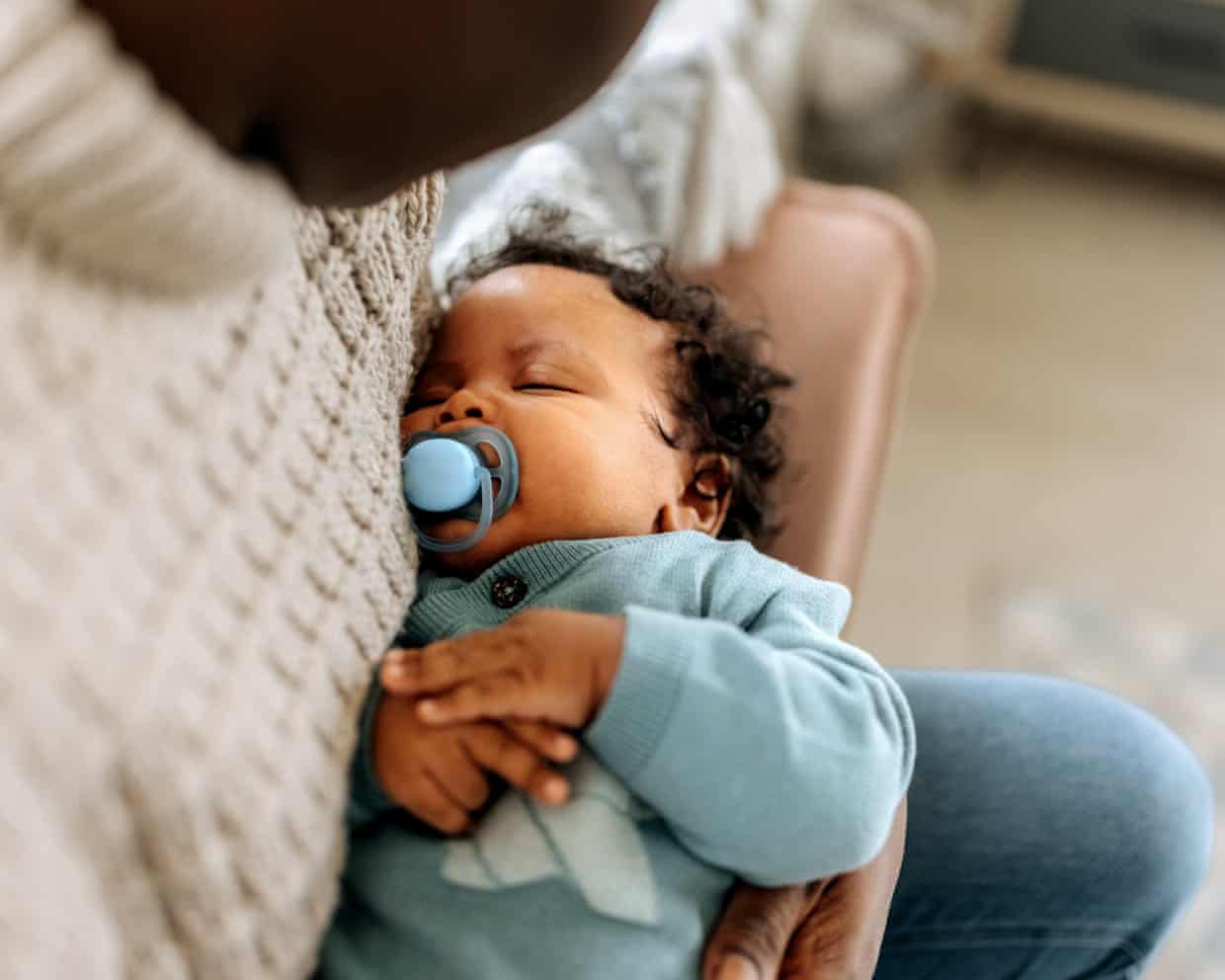World
Major Brands Face Scrutiny for BPA in Baby Dummies

A recent study has revealed the presence of bisphenol A (BPA) in several widely-used baby dummies produced by leading European brands. Laboratory testing conducted by dTest, a Czech consumer organization, identified BPA in products from Philips, Curaprox, and Sophie la Girafe. The findings raise concerns about the health impacts of this chemical, which has been linked to impaired sexual development, obesity, and various cancers.
Testing involved purchasing 19 baby dummies across the Czech Republic, Slovenia, and Hungary, as well as two from the online marketplace Temu. To simulate the conditions inside an infant’s mouth, researchers immersed each dummy in an artificial saliva solution for 30 minutes at 37°C (98.6°F). This process allowed them to analyze the extracts for BPA content.
Among the four dummies where BPA was detected, the Curaprox “Baby Grow with Love” soother had the highest concentration, measuring at 19 micrograms per kilogram (μg/kg). This level exceeds the European Union’s migration limit of 10 μg/kg for BPA in baby dummies. The Sophie la Girafe pacifier, marketed as “natural rubber,” contained 3 μg/kg, while Philips Avent’s “Ultra Air” soother and one pacifier from Foshan City Saidah both had 2 μg/kg.
Curaden, the manufacturer of Curaprox, expressed surprise at the findings and conducted further testing that confirmed the presence of BPA. In response, the company decided to remove affected batches from the market and offer refunds to customers. The spokesperson stated, “Out of an abundance of caution and in line with our commitment to quality, Curaden immediately decided to proactively remove the soothers from the market.”
Conversely, Vulli, the maker of Sophie la Girafe, defended its products. A spokesperson claimed that the company had not sold any pacifiers for some time and insisted that all products undergo rigorous BPA testing by accredited laboratories. They emphasized that the detected BPA levels were “well below” regulatory limits and thus deemed insignificant.
Philips also asserted its commitment to product safety, stating that it complies with all applicable safety requirements. The company conducted independent testing with DEKRA, confirming that no detectable BPA was found in their soother ranges, including the sample tested. A spokesperson for Philips remarked, “We want to reassure our soother ranges are BPA-free throughout the entire manufacturing process.”
The findings have sparked significant concern, particularly from health advocates. Chloe Topping, a campaigner with Chem Trust, noted that children are especially vulnerable to the effects of BPA given their developing organs. She highlighted that exposure to such endocrine-disrupting chemicals can have lasting impacts on health, including reduced sperm counts and early onset puberty.
Hana Hoffmannová, editor-in-chief at dTest’s magazine, emphasized the implications for parents. “Pacifiers are often one of the first items parents buy, and they do not expect to be exposing their children to hormone-disrupting chemicals from day one.”
The current regulatory landscape surrounding BPA in baby products is somewhat ambiguous. The EN 1400 standard sets a migration limit of 10 μg/l for dummies, while the European Toy Safety Directive allows for a higher limit of 40 μg/l. Since 2011, BPA has been banned in the production of baby bottles, and regulations were expanded in 2018 to include food containers for children under three.
Karolína Brabcová from Arnika, a Czech campaign group, criticized the inconsistency in regulations. “It is illogical that bisphenols are banned in baby bottles but not in pacifiers, which babies use more intensively and in some cases for long years. We are seeing a lack of stringent regulation and it is failing consumers.”
As this situation unfolds, the focus remains on ensuring the safety of products intended for infants, particularly in light of the potential health risks associated with BPA exposure. The scrutiny faced by these major brands highlights the need for clearer regulations and consumer protection in the marketplace.
-

 Lifestyle5 months ago
Lifestyle5 months agoLibraries Challenge Rising E-Book Costs Amid Growing Demand
-

 Sports4 months ago
Sports4 months agoTyreek Hill Responds to Tua Tagovailoa’s Comments on Team Dynamics
-

 Sports4 months ago
Sports4 months agoLiverpool Secures Agreement to Sign Young Striker Will Wright
-

 Lifestyle4 months ago
Lifestyle4 months agoSave Your Split Tomatoes: Expert Tips for Gardeners
-

 Lifestyle4 months ago
Lifestyle4 months agoPrincess Beatrice’s Daughter Athena Joins Siblings at London Parade
-

 Science4 months ago
Science4 months agoSan Francisco Hosts Unique Contest to Identify “Performative Males”
-

 World4 months ago
World4 months agoWinter Storms Lash New South Wales with Snow, Flood Risks
-

 Science5 months ago
Science5 months agoTrump Administration Moves to Repeal Key Climate Regulation
-

 Business5 months ago
Business5 months agoSoFi Technologies Shares Slip 2% Following Insider Stock Sale
-

 Science5 months ago
Science5 months agoNew Tool Reveals Link Between Horse Coat Condition and Parasites
-

 Sports4 months ago
Sports4 months agoElon Musk Sculpture Travels From Utah to Yosemite National Park
-

 Science5 months ago
Science5 months agoNew Study Confirms Humans Transported Stonehenge Bluestones









